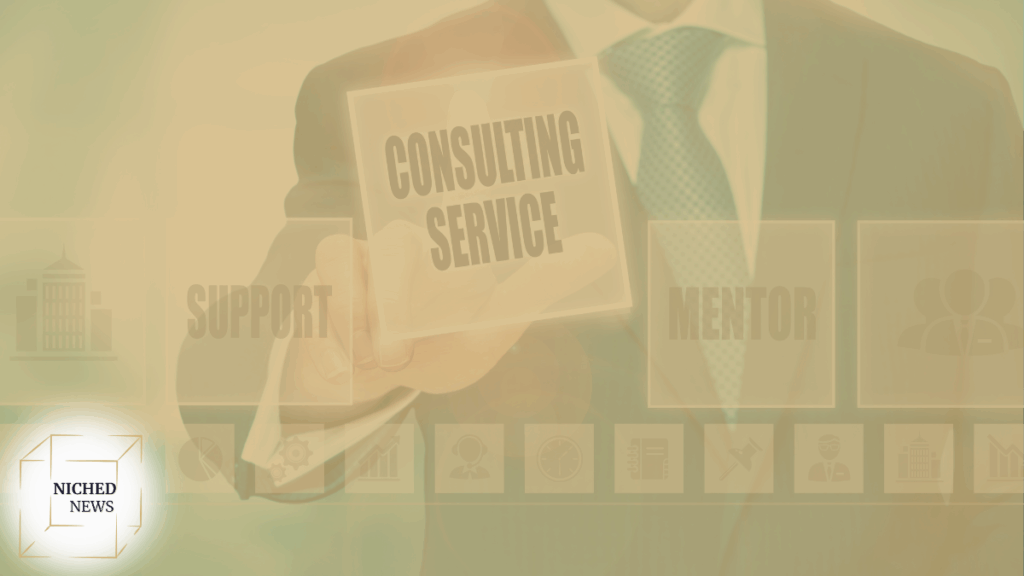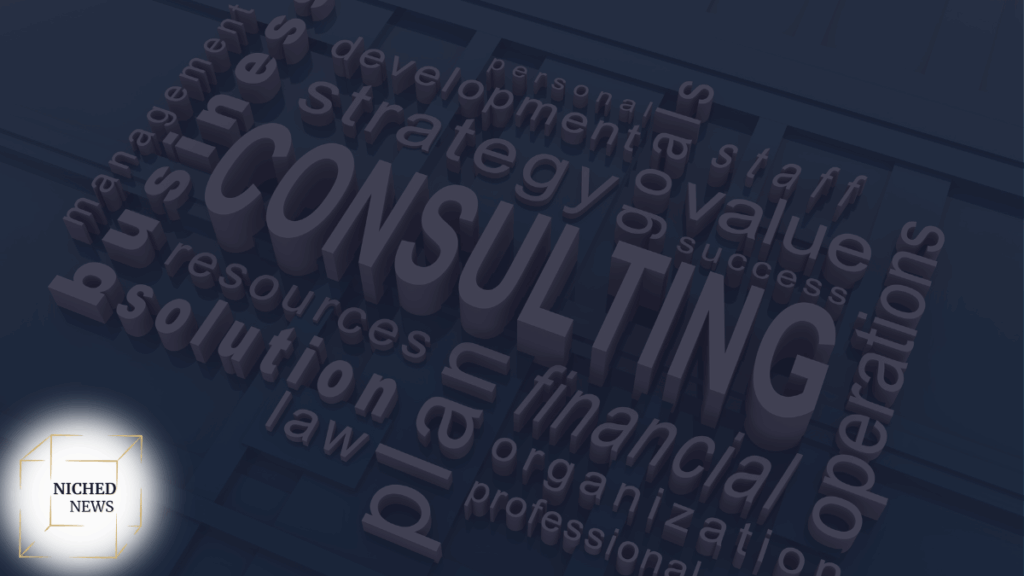Niched Summary
AI is revolutionizing the consulting industry by boosting productivity and strategic insights—but it’s also forcing consultants to rethink their long-term relevance.
Why it matters:
The integration of AI in consulting is not just a trend—it’s reshaping the very nature of professional services and client expectations.
Consultants Welcome AI—Cautiously
The consulting world is embracing generative AI with cautious optimism. While many see it as a powerful tool for analysis, strategy, and operations, others fear it may eventually outpace human expertise.
In a recent Fortune interview, David Pereira, who leads data and intelligence at NTT Data, called AI a “massive productivity booster,” noting how it helps consultants move faster and deliver smarter, data-backed insights. But he also pointed out the risk: if firms lean too hard on AI, they could start losing the human edge that makes consulting so valuable in the first place.
How GenAI Is Powering Consulting Firms
Firms are already integrating GenAI into workflows in ways that enhance both client value and internal productivity. From scenario modeling to sentiment analysis, AI is enabling consultants to perform deep research, synthesize complex information, and even generate client-facing reports in record time.
What used to take junior consultants weeks of data crunching can now be done in hours. This shift is helping firms lower costs, expand offerings, and focus more energy on higher-level strategic thinking.
But it also means that traditional paths into the profession—starting with grunt work—are becoming obsolete. The “learn by doing” model is under threat, and that’s raising questions about how to train the next generation of consultants.
The Existential Dilemma: What Happens When AI Gets Better?
While today’s AI tools support human decision-making, the pace of advancement is so rapid that some leaders fear they’ll soon be competing with their own technology.
If GenAI evolves to handle not just tasks but nuanced judgment and industry context, clients may begin to wonder: Why pay premium consulting fees when AI tools can do the job faster and cheaper?
This concern is not unfounded. As Pereira notes, firms that rely too heavily on AI without evolving their value proposition may find themselves obsolete. The consulting industry thrives on trust, insight, and relationship-based selling—areas where human input still dominates. But how long will that last?
Shifting the Role of the Consultant
To survive and thrive, consultants must shift their roles from knowledge providers to interpreters, curators, and trusted advisors.
Rather than delivering answers, the new consulting value lies in asking the right questions, validating AI outputs, and helping clients apply them in complex, human contexts. Emotional intelligence, ethical considerations, and industry nuance become differentiators.
This shift isn’t about resisting AI—it’s about elevating the human edge that machines can’t replicate.
Training and Talent: A New Playbook Needed
Consulting firms are now wrestling with how to train future talent in a world where AI handles foundational work. Apprenticeship models must evolve, and new hires will need a different skill set—less about memorizing frameworks, more about managing technology and leading change.
There’s also a cultural shift underway. Younger consultants may be more eager to embrace AI, while older professionals may resist or fear it. Firms will need to bridge this generational divide while rethinking what mentorship and career progression look like.
AI Won’t Replace Consultants—But It Will Change Them
The consulting firms that succeed in the AI era will be those that lean into transformation, not away from it. The goal isn’t to beat the machines—it’s to work alongside them and create hybrid models of service that combine technological power with human insight.
This requires reimagining pricing, deliverables, and even what “expertise” means in an era where clients may come to the table with ChatGPT-generated questions already in hand.
Final Thoughts: Embrace the Shift—Or Risk Irrelevance
The consulting industry is at an inflection point. GenAI has opened the door to unprecedented capability—but it’s also shining a light on outdated models and rigid hierarchies.
For consultants, the message is clear: adapt, elevate, and evolve. Those who do will unlock new forms of value for clients and carve out a future where human insight, guided by smart machines, drives smarter decisions.



